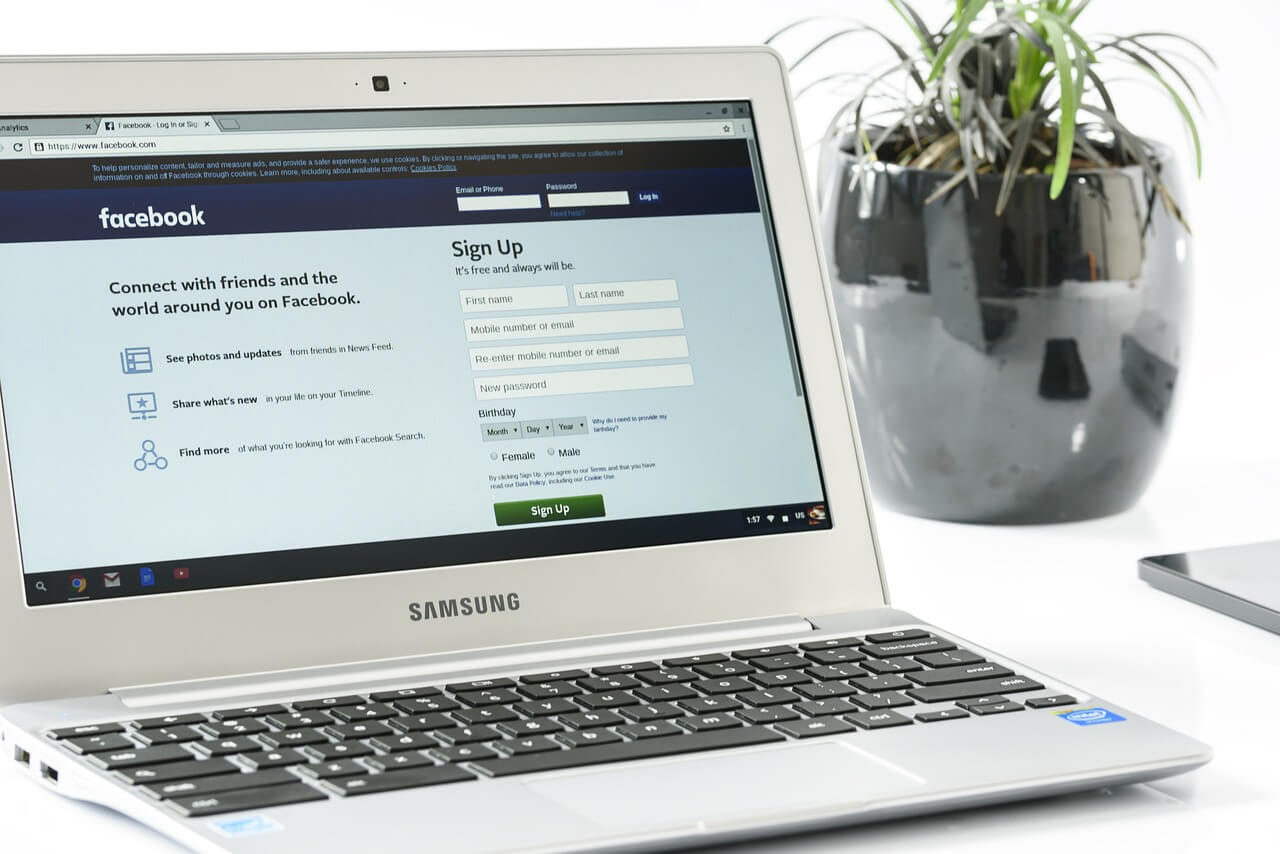What Is a Firewall? Definition & Best Practices
by George Zapata on August 6, 2024 at 1:15 PM
At the forefront of this cybersecurity arsenal stands the firewall—an indispensable component for network security. But what exactly is a firewall, and how does it protect our digital resources? In this blog post, we explore the role of firewalls in information security, discussing th …
Integrating Cybersecurity Education in the K-12 Curriculum
by Nicholas Foisy on July 25, 2024 at 4:07 PM
Cybersecurity has become a cornerstone of our digital society, influencing every aspect of our lives from personal privacy to national security. Given its importance, integrating cybersecurity education into the K-12 curriculum is not just an option; it is a necessity. But how do we w …
Beyond Data Classification: Unlocking the Power of Data Insights
by Adam Lyford on July 17, 2024 at 11:30 AM
In today's data-driven world, businesses are inundated with vast amounts of data. While organizing this information through data classification—categorizing data based on defined criteria—is crucial, the real magic happens when we extract and leverage deeper insights from this data. T …
Is a Cybersecurity Degree Worth It? Considering Pros & Cons
by Jeffrey Torrance on July 5, 2024 at 11:30 AM
The modern era has brought with it a heightened need for cybersecurity professionals to protect sensitive data and systems. With cyber threats constantly evolving, the demand for skilled cybersecurity experts is at an all-time high. This brings us to an important question: Is a cybers …
CDK Global Hit by Cyberattacks: The Impact on Auto Dealerships
by Jerry Hughes on June 27, 2024 at 2:45 PM
CDK Global, a major software-as-a-service (SaaS) provider for car dealerships, recently faced consecutive cyberattacks, severely disrupting the automotive sales and service industry. These breaches highlight the increasing sophistication of cyber threats and the widespread implication …
Brute Force Attacks: How To Safeguard Your Password
by Danielle Corsa on June 25, 2024 at 2:00 PM
Cyber threats are ever-evolving, with brute force attacks standing out as one of the most persistent and concerning methods used by attackers. These attacks involve systematically trying various combinations of usernames and passwords until unauthorized access is gained. The relentles …
.webp?width=2169&height=526&name=Compass%20regular%20transparent%20website%20(1).webp)
-1.webp?width=2169&height=620&name=Compass%20regular%20transparent%20website%20smaller%20(1)-1.webp)





